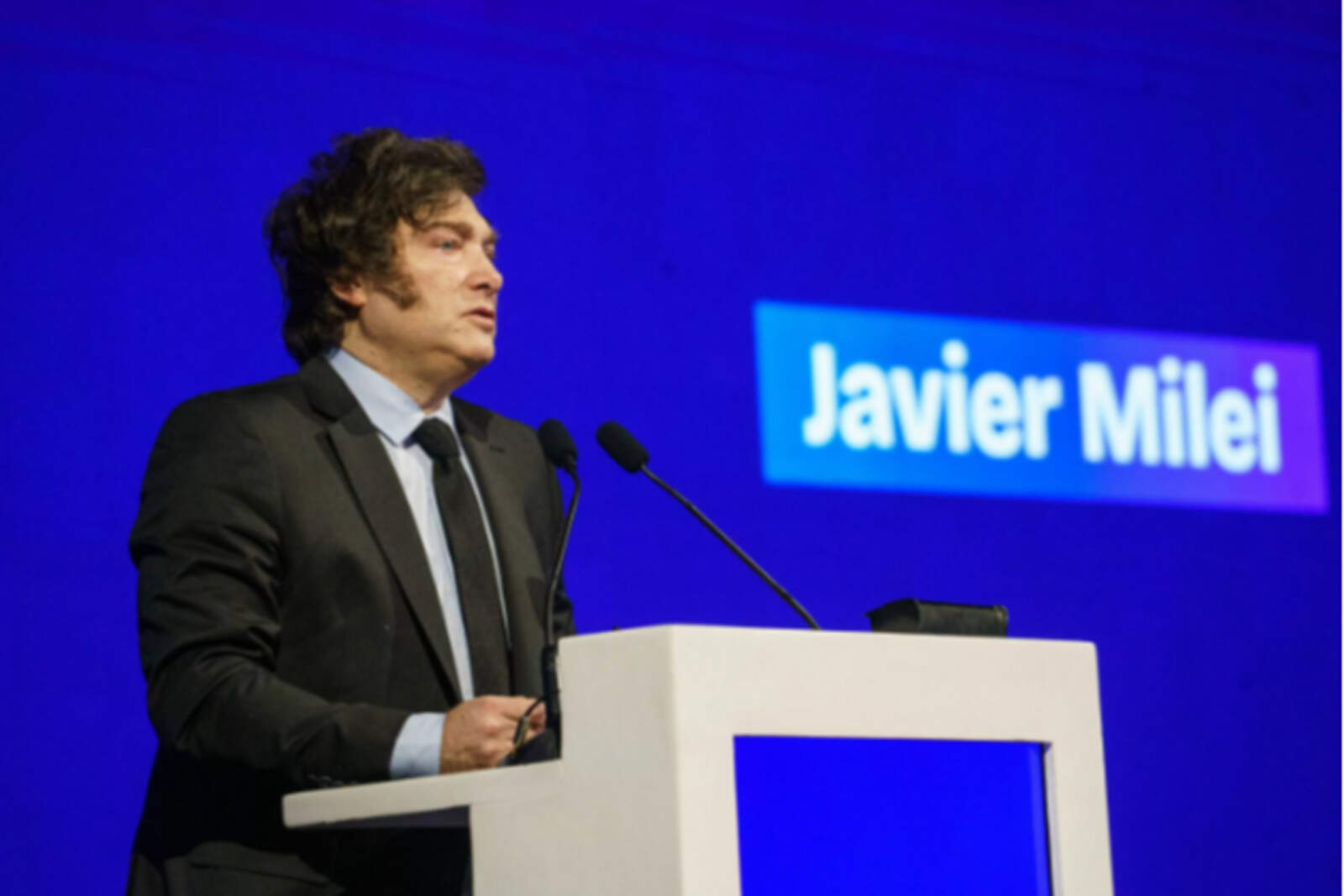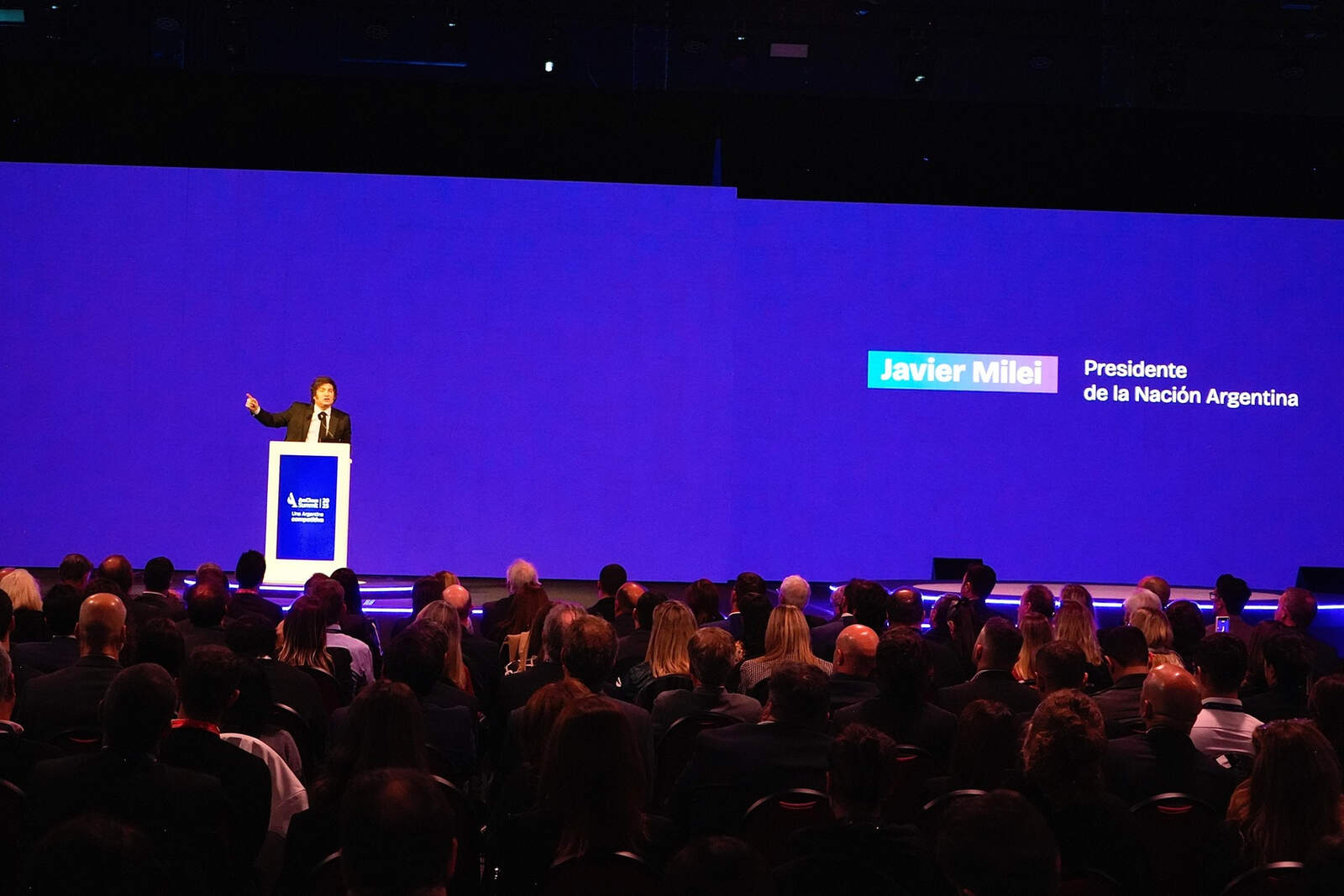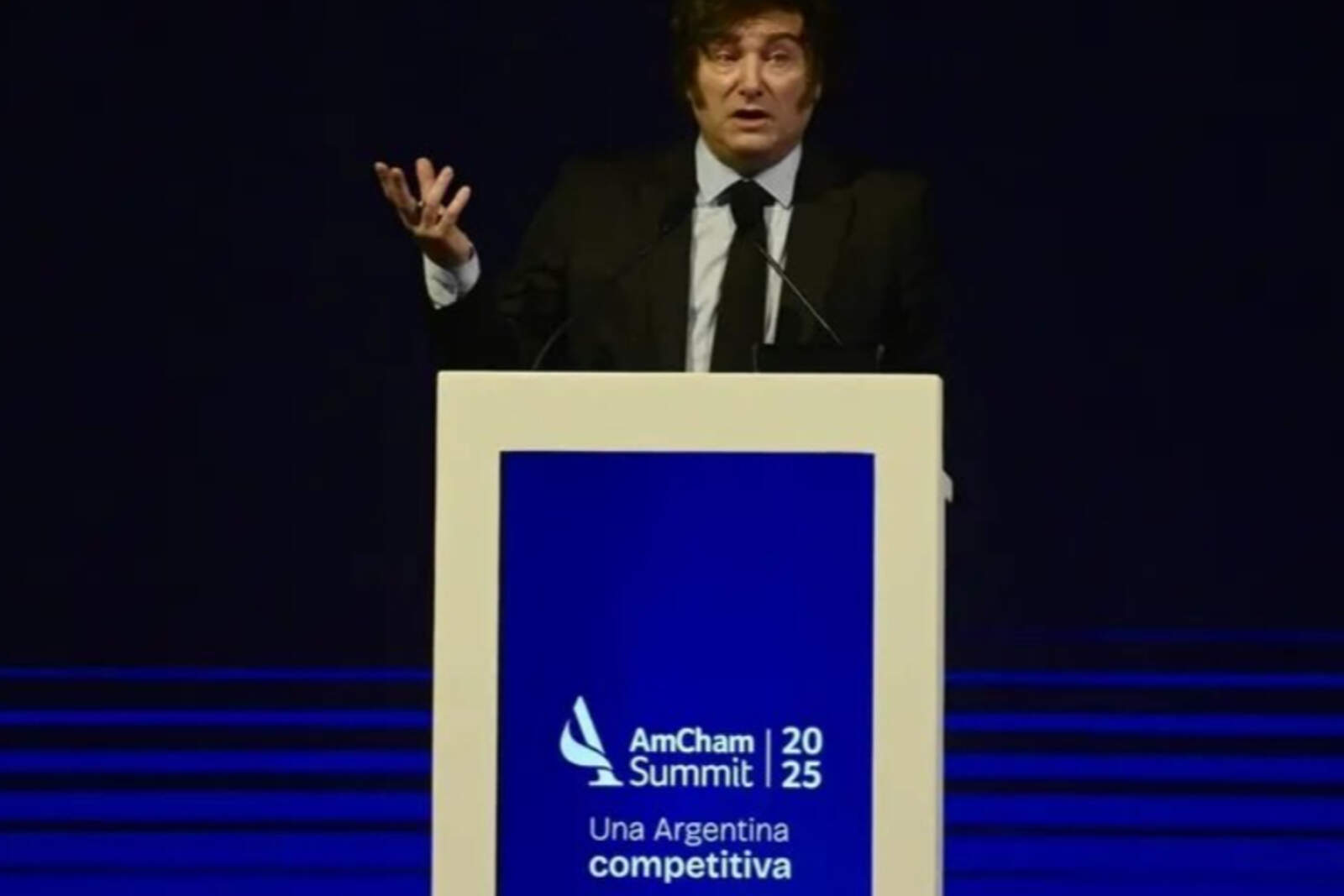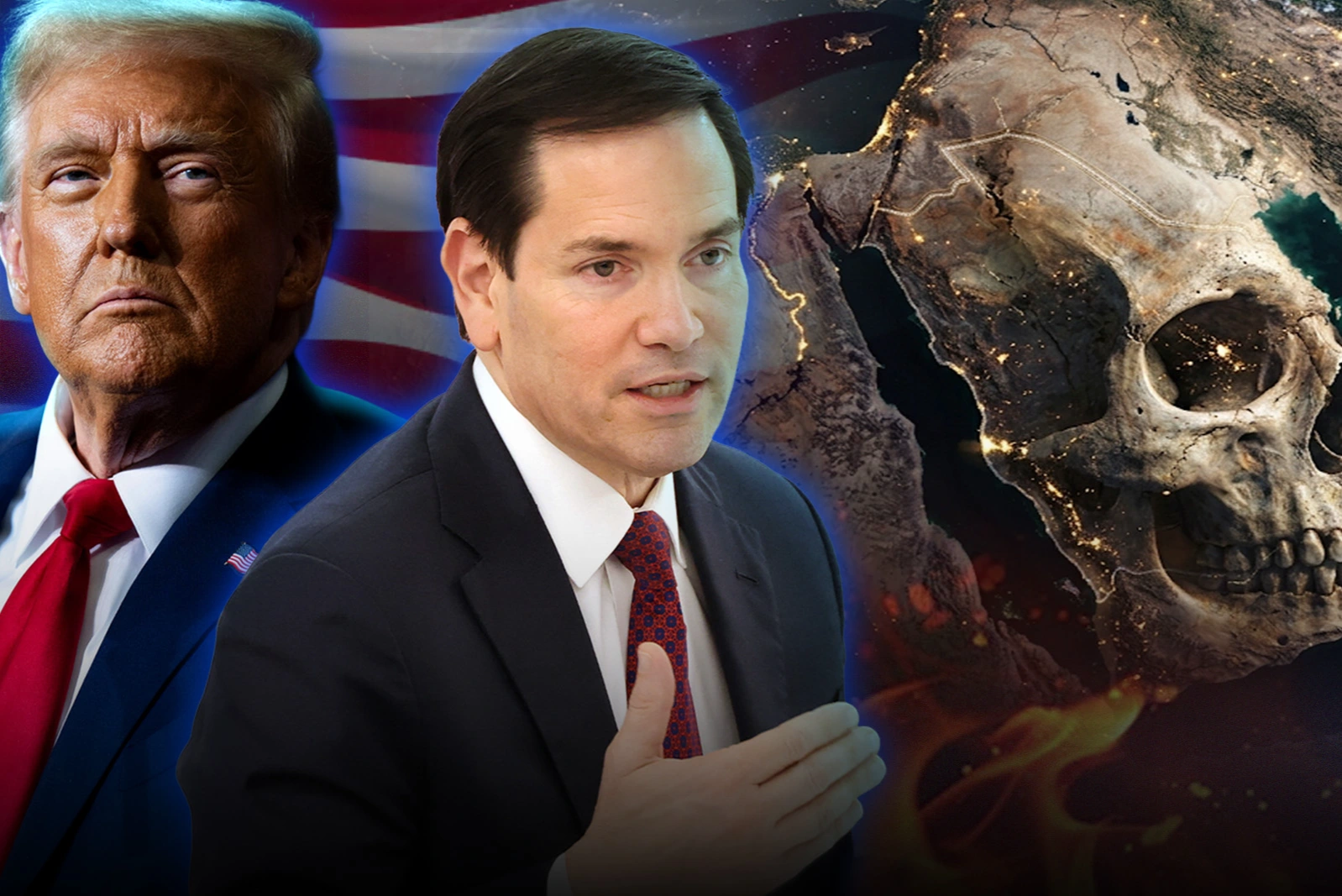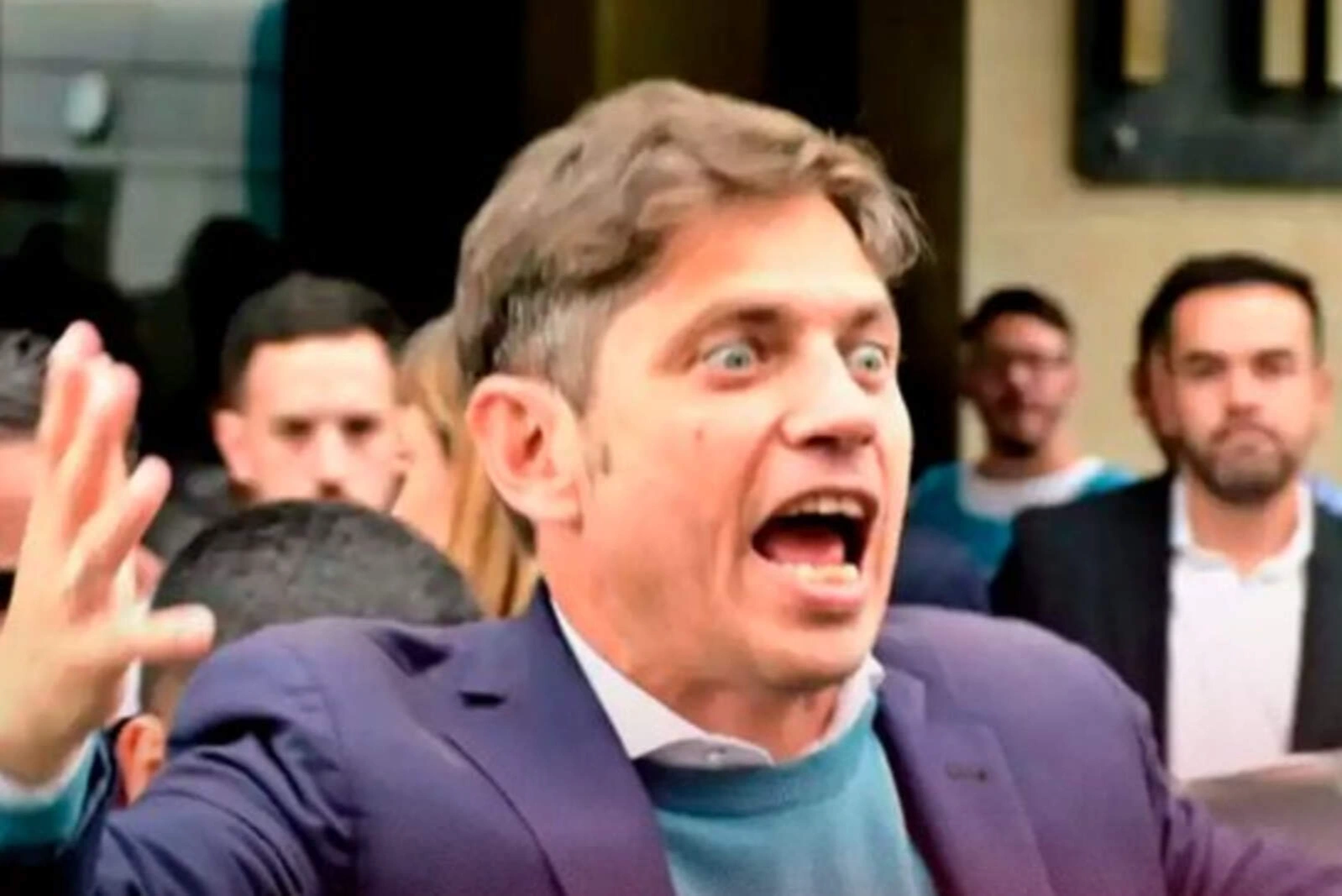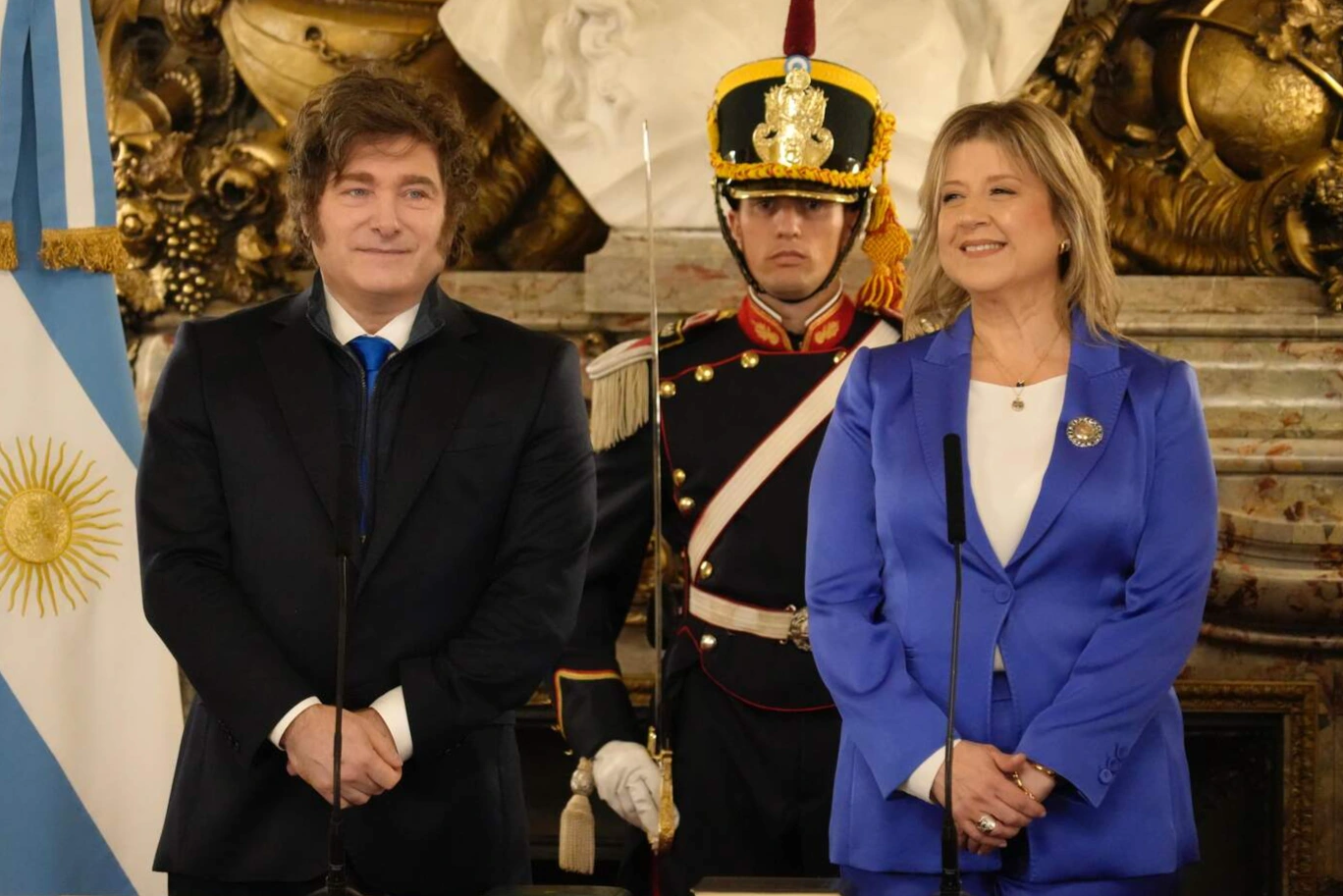Within the framework of the AmCham Summit 2025, President Javier Milei delivered an extensive and technical speech in which he presented Argentina as an excellent business case for investors. Relying on a solid theoretical framework of growth economics, Milei articulated a narrative that links economic progress with the accumulation of human capital, deregulation, respect for property rights, and savings as the foundation for sustainable investment.
The tone of the speech was academic, covering essential milestones in the evolution of economic thought. From Adam Smith's early formulations on the wealth of nations, through the contributions of Robert Solow, Gary Becker, Hirofumi Uzawa, Paul Romer, and Robert Lucas Jr., the president traced a genealogy of economic growth whose endpoint is present-day Argentina under his administration.
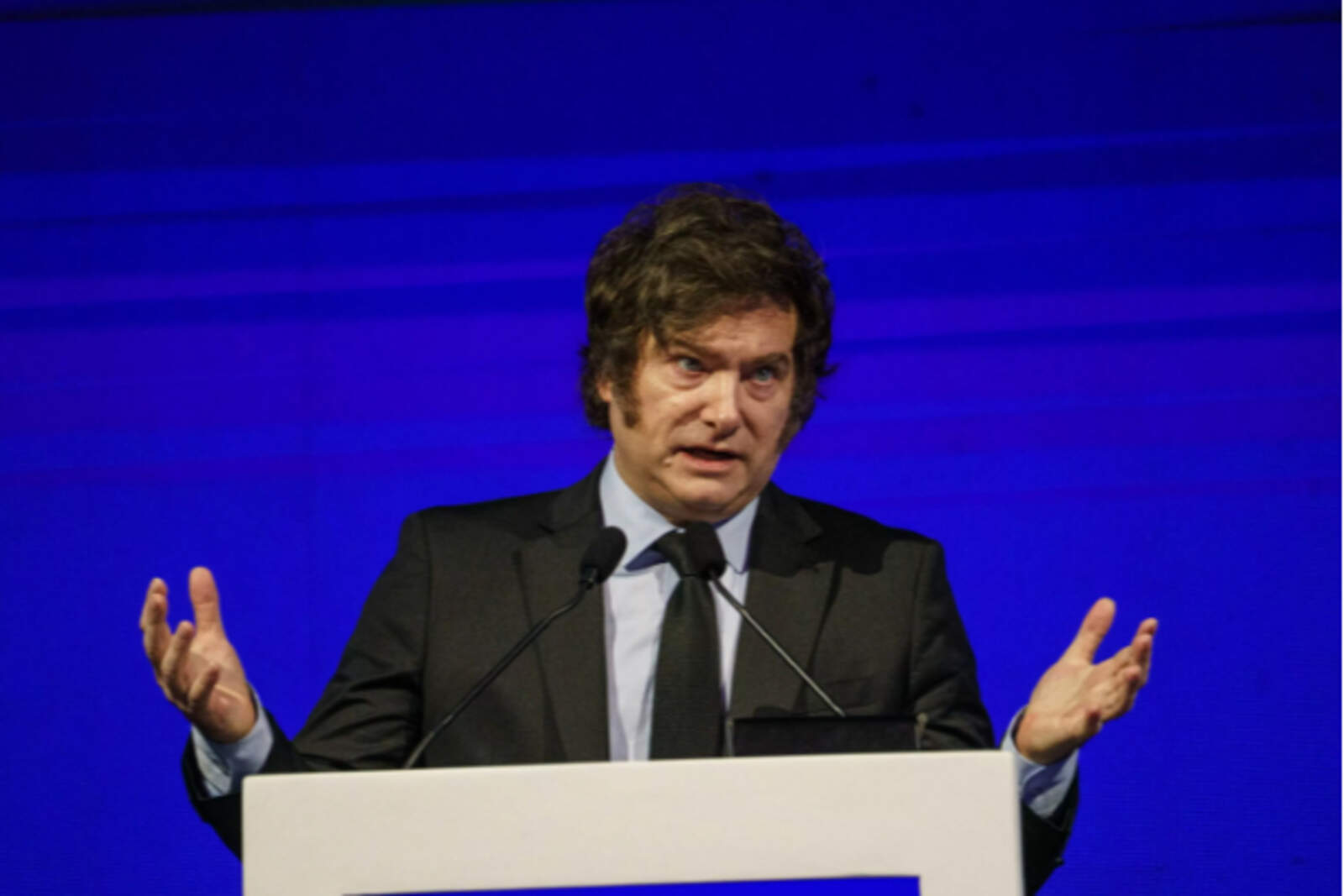
One of the most prominent themes was Milei's approach to the relationship between human capital and growth. In this regard, he defended the creation of the Ministry of Human Capital as an institutional innovation that anticipated the challenges of development. In his words, human capital is divided into two dimensions: the first generation, linked to nutrition and health; and the second, focused on education and labor market integration. This structure, he explained, makes it possible to comprehensively address the structural determinants of economic growth, promoting a sustained improvement in labor productivity.
Structural reforms and deregulation: the engine of increasing returns
Another central point of the speech was the defense of the deregulation process. Milei identified excessive regulation as a direct obstacle to growth, noting that it negatively interferes with the expansion of productivity through the division of labor, a notion originally developed by Adam Smith. In that sense, he considered that the Ministry of Deregulation and State Transformation, led by Federico Sturzenegger, plays a central role in this stage of reforms.
With a quantitative emphasis, the president compared the reformist volume of his government with that of the 1990s, stating that in 500 days more than 2,000 reforms have been implemented, a figure that multiplies by twenty the changes carried out during the entire administration of Carlos Menem. "We are dismantling regulatory structures that stifled growth and promoting conditions for the sustained expansion of capital," he stated.

